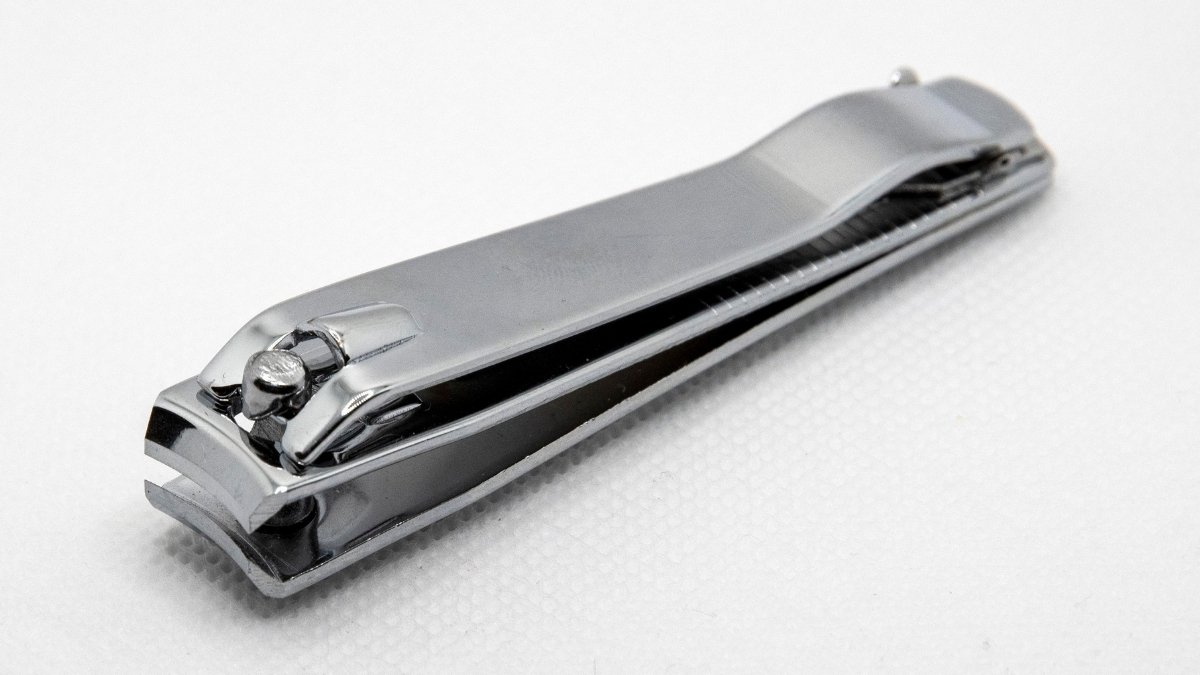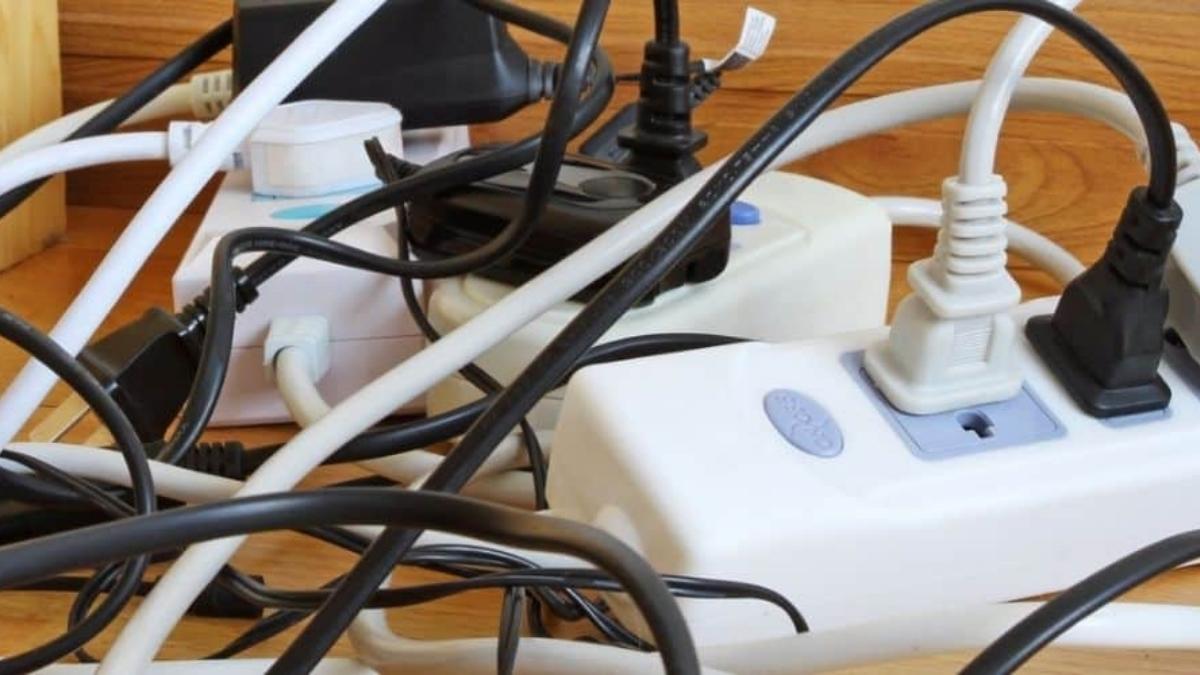
Phlegm – it might not be the most pleasant topic, but this slimy substance plays a crucial role in protecting your body. In fact, your body produces enough of it daily to fill half of a two-liter soda bottle!
If you’re struggling with excessive phlegm buildup, there are several effective ways to reduce mucus and improve your respiratory health.
What Is Phlegm?
Phlegm is a type of mucus produced by the respiratory tract. It’s thicker and stickier than the mucus found in your nose, specifically designed to trap irritants like dust, bacteria, and allergens.
This substance is naturally produced by the body and helps the respiratory system combat inflammation, according to the Cleveland Clinic.
“While the exact amount your body makes isn’t known, most experts think it’s about one liter a day,” says laryngologist Paul C. Bryson. That’s enough to fill half a two-liter soda bottle.
When you’re healthy, phlegm does its job quietly. However, during illness, it increases, thickens, and becomes more noticeable. This is your body working overtime to protect and heal itself.
Fortunately, there are several ways to reduce phlegm buildup and breathe easier!
1. Stay Hydrated
One of the easiest and most effective ways to thin out mucus is to stay hydrated. Drinking plenty of fluids—such as water, herbal teas, or clear broths—helps loosen phlegm, making it easier to expel.
Why hydration helps:
- Thins mucus: Water dilutes thick phlegm, making it less sticky and easier to clear from the throat and chest.
- Aids circulation: Proper hydration supports overall bodily functions, including a healthier respiratory system.
Dr. Bryson advises, “A good rule of thumb is to drink enough water to make your urine pale.”

2. Steam Therapy
Inhaling steam is a natural way to open airways and loosen stubborn mucus. The warm moisture helps to hydrate nasal passages, allowing phlegm to move more freely.
How to use steam therapy:
- Boil water and pour it into a bowl.
- Add a few drops of eucalyptus or peppermint oil for extra benefits.
- Cover your head with a towel and inhale deeply for about 10 minutes.
Pro tip: A hot shower can also provide similar benefits if you’re short on time.
3. Gargle with Salt Water
Saltwater gargles are a traditional remedy for soothing a sore throat and breaking down mucus.
How to do it:
- Dissolve half a teaspoon of salt in a glass of warm water.
- Gargle for 30 seconds, making sure the solution reaches the back of your throat.
- Spit out the solution and repeat several times a day.
4. Over-the-Counter Remedies
If you’re looking for quicker relief, over-the-counter medications can help thin mucus and ease congestion.
- Decongestants shrink swollen nasal tissues, making it easier to breathe.
- Expectorants (like guaifenesin) break down thick mucus so it can be coughed up more easily.
Always consult a healthcare professional before using these medications, especially if you have any underlying health conditions.
5. Herbal Remedies
For centuries, herbs like thyme, eucalyptus, and marshmallow root have been used to treat respiratory issues. These natural remedies can soothe inflamed airways and encourage mucus clearance.
Ways to use herbal remedies:
- Use eucalyptus balm or essential oil in a diffuser to help loosen chest mucus.
- Brew fresh or dried thyme into a tea.
- Soothe your throat with licorice root lozenges.
6. Use a Humidifier
Adding moisture to the air with a cool mist humidifier can prevent mucus from becoming too thick and sticky. This keeps your throat and nasal passages hydrated, making it easier to expel phlegm.
Tip: Clean your humidifier regularly according to the manufacturer’s instructions to prevent bacteria buildup.
7. Flush Out Irritants
Nasal irrigation devices, such as a neti pot with saline solution, are highly effective for clearing mucus and reducing congestion. This simple yet powerful technique can flush out allergens, irritants, and excess phlegm.
Nasal irrigation is especially useful if your phlegm has thickened due to dry air or dehydration.
8. Keep Your Environment Clean
Dust, pet dander, and other allergens can increase mucus production. Keeping your surroundings clean can help minimize phlegm buildup.
Cleaning checklist:
- Ensure filters on heating and cooling systems are clean and functioning properly.
- Vacuum carpets and upholstery regularly.
- Use an air purifier to reduce airborne irritants.
- Wash bed linens weekly in hot water.
The Bottom Line
Phlegm might not be the most glamorous topic, but it plays a vital role in defending your body. From trapping irritants to signaling potential health issues, this sticky substance is more than just an inconvenience—it’s your respiratory system’s unsung hero.
Did you know phlegm serves such an essential purpose in keeping you healthy? Let us know what you think!


